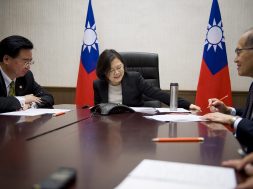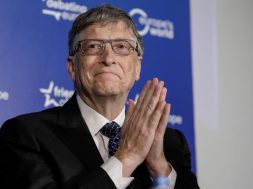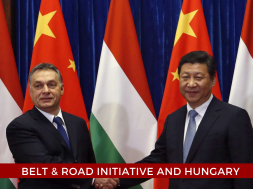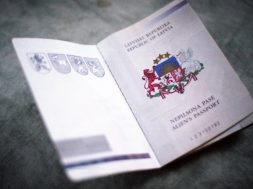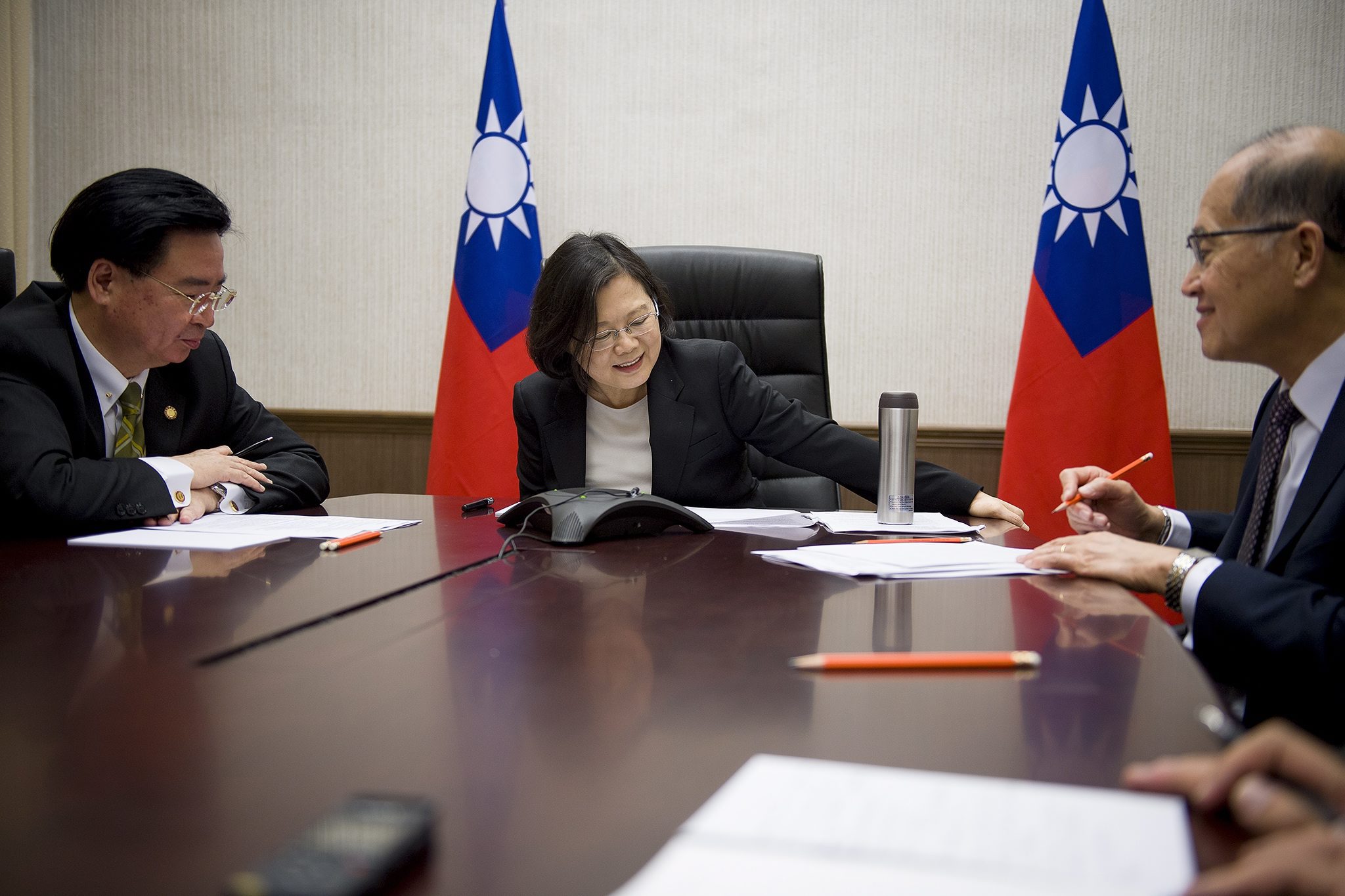
United States of America – Taiwan (official name: Republic of China) relations have been unofficial since 1979. U.S. changed its diplomatic recognition of China from Taipei (ROC) to Beijing (PRC). The decision was taken by Carter Administration, with three communiqués that the U.S. acknowledges PRC as the ‘’sole legal government of China’’ and Taiwan is a part of mainland China. Soon after the policy change, the US Congress passed legislation which called the Taiwan Relations Act. The legislation is the legal basis of U.S. and Taiwan unofficial relations.
Taiwan Relations Act stated that:
- The relations with Taiwan will be performed by the American Institute of Taiwan. (defacto embassy)
- The United States will make available to Taiwan such defense articles and defense services in such quantity as may be necessary to enable Taiwan to maintain a sufficient self-defense capabilities
The Taiwan Relations Act does not require the United States to defend Taiwan but does state that is U.S. policy to maintain the capacity to do so, creating ‘’strategic ambiguity’’ regarding the U.S. role in the event of a PRC attack on Taiwan. (Congressional Research Service, Susan V. Lawrence)
Taiwan’s national security consisted of three major elements: military ties with the United States, steady relations with the PRC and strong military power. Taiwan designated as a major non-NATO ally by the United States Government since August 29, 2003. In addition, a defense hotline has been established.
American Institute in Taiwan’s complex renovated at 2018 and it cost $250 million. Taiwan’s side sees the new building as a symbol of strong relations between the U.S. In response to opening new complex China accused United States for violating the one-China principle which is fundamental for relations with U.S. – China.

Taiwan’s President Tsai spoke with U.S. President-elect Donald J. Trump by telephone call before he came office, this was first such high-level communication between U.S. and Taiwan since 1979. President Trump broke decades of U.S. protocol and risked a clash with China. Soon after from the talk with Taiwan President, president-elect Trump said ‘’U.S. ready to abandon the One China policy unless China agrees to trade deal with the U.S.’’.
After four months from U.S. election, President Trump did telephone call with his Chinese counterpart Xi Jinping and recommitted U.S. policy on ‘’one-China’’ principal and he said ‘’we will maintain our strong ties with Taiwan’’ under the Taiwan Relations Act to provide for Taiwan’s legitimate defense needs.
President Trump signed legislation that allows officials at all levels of US government to travel to Taiwan to meet their counterparts. Chinese Embassy said ‘’Taiwan Travel Act’’ severely violate the one-China principle which is the political foundation of the China-US relations.
Taiwan is officially recognized by 17 states all around the world. China is trying to press these small countries to change their decision to recognize China instead of Taiwan. El Salvador, Panama, and the Dominican Republic changed their decision in favor of China. The U.S. withdrew its diplomats in these countries. Especially El Salvador case, White House accused China to interfere in El Salvador’s domestic politics. The decision was taken before the election. Vice President Pence said switch recognition to Beijing ‘’threaten the stability of the Taiwan Strait.
The Trump Government’s National Security Document stated China is a strategic competitor using predatory economics to intimidate its neighbors while militarizing features in the South China Sea.
President Donald J. Trump’s Policy
- Elected – 8 November 2016
- Telephone call with Taiwan’s leader – 3 December 2016
- President-elect Donald Trump says the US is ready to abandon the policy -One China- unless China agrees to a trade deal – 12 December 2016
- Took office 20 January 2017
- Telephone call with PRC’s President Xi – 9 February 2017
- Taiwan Travel Act – 3 March 2018
- Washington opens de facto embassy in Taiwan, which cost $255 million to build. (renovated) – 12 June 2018
- White House Criticizes China Over El Salvador Recognition – 24 August 2018
Trier – 26.11.2018
